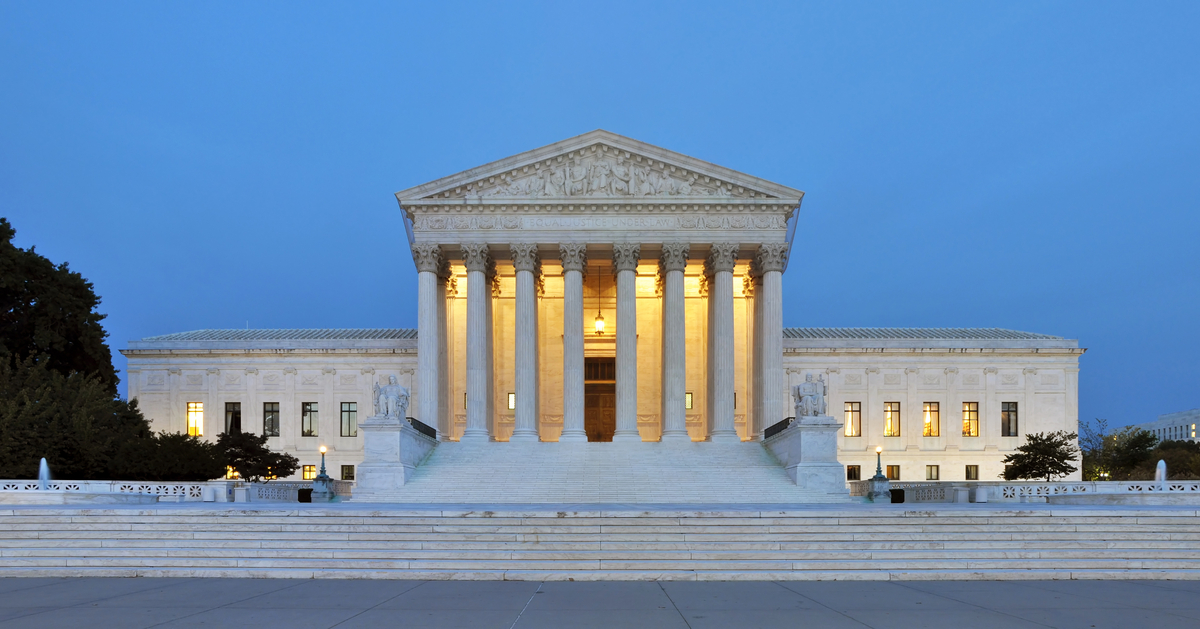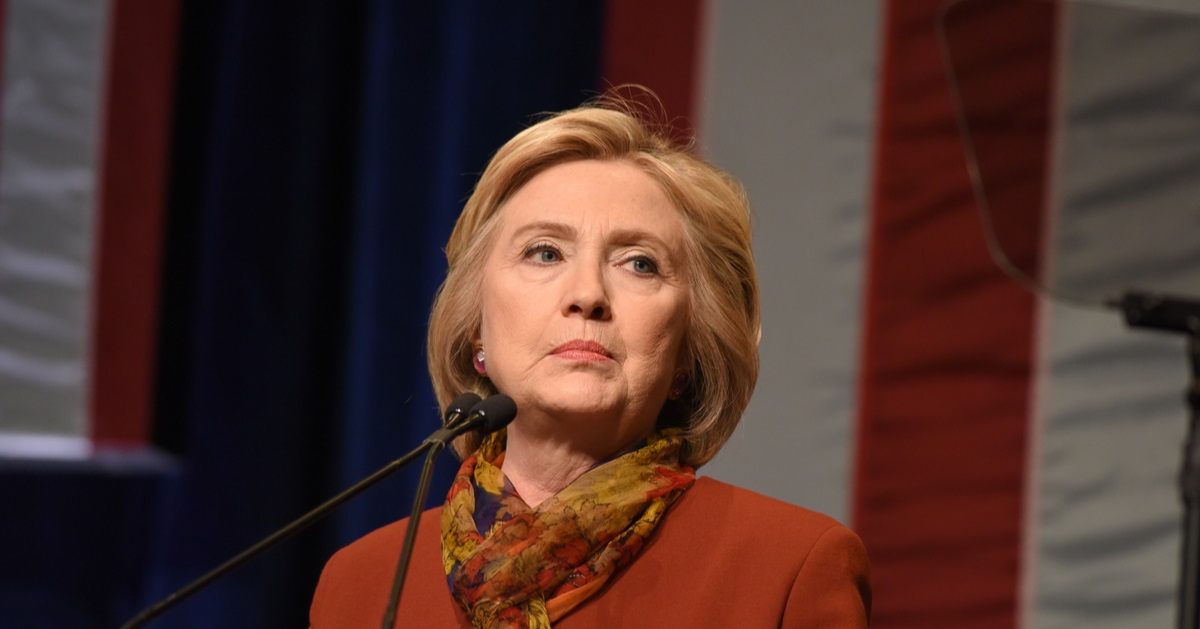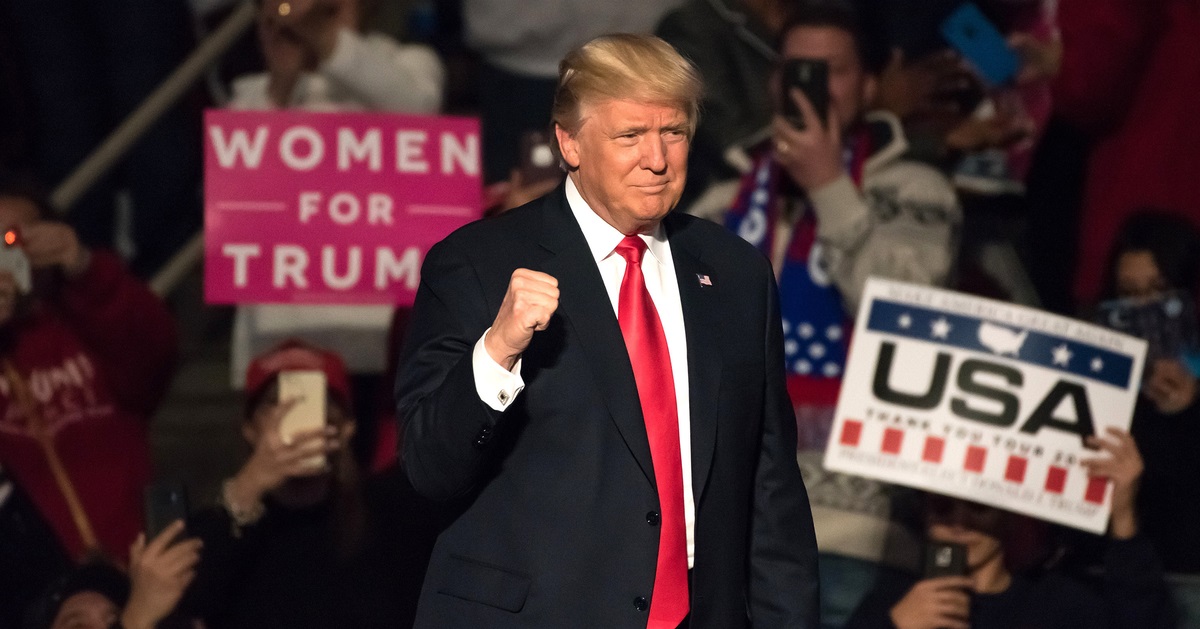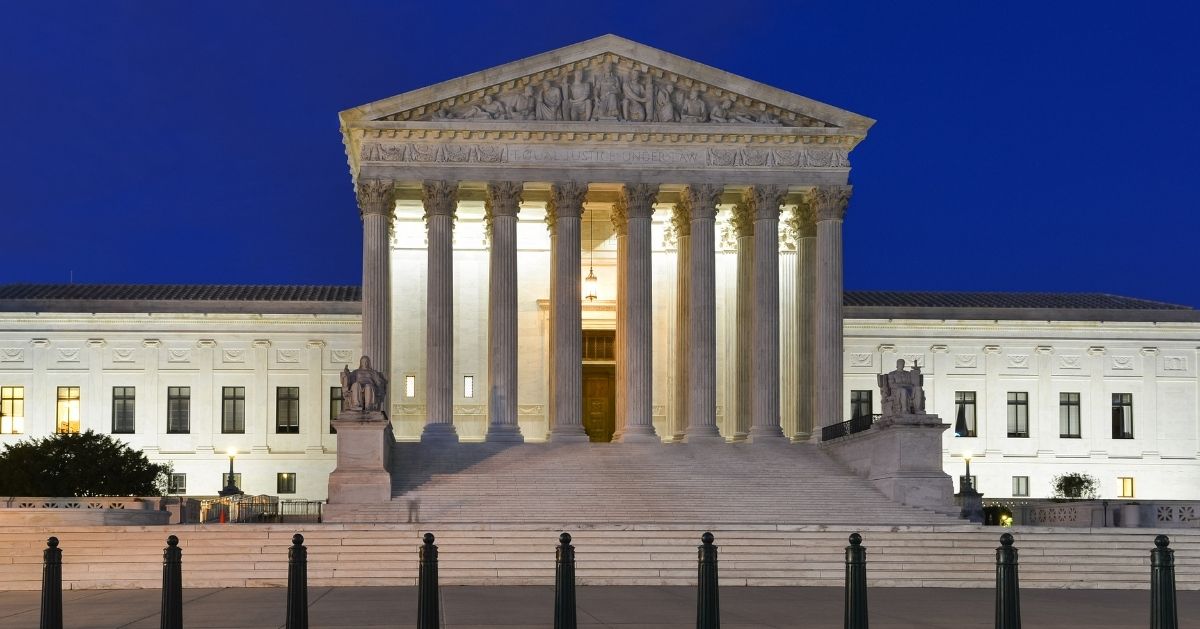Michigan Supreme Court opens backdoor for warrantless drone surveillance: report
In a unanimous ruling, the Michigan Supreme Court declined to say whether a couple had their rights violated when their town sent a drone to snoop on their property in a dispute over zoning.
Privacy advocates worry the court's ruling could open a backdoor for police to conduct illegal searches in violation of the Fourth Amendment.
Long Lake Township accused Todd and Heather Maxon of operating an illegal junkyard at their residence and contracted a drone operator to surveil their property without a warrant.
Warrantless drone surveillance
The Maxons sought to have the photographic evidence thrown out on the basis that it was obtained through an illegal search.
The court did not address whether the Fourth Amendment was violated. They held that a legal rule called the exclusionary rule does not apply, because the case is a civil, not a criminal, matter.
The exclusionary rule bars evidence that is gathered illegally from being used against a defendant.
Unlike the Fourth Amendment, the exclusionary rule is not a constitutional right, the court said.
"Because we hold that the exclusionary rule does not apply to this civil proceeding to enforce zoning and nuisance ordinances, we decline to address whether the use of an aerial drone under the circumstances presented here is an unreasonable search," the court wrote.
Court opens privacy loophole
The Maxons' junkyard was not visible from the street. Without the aerial photos and videos, the township "would have difficulty ensuring that the Maxons bring their property into conformity with its local zoning and nuisance ordinances," the court said.
Because the case does not involve police, the deterrence benefits of ruling against the town would be "minimal," the court said. The town's interest in enforcing its ordinances should take precedence, they found.
The Maxons' lawyers at the nonprofit Institute for Justice said the court dodged the most important question in the case, setting a worrisome precedent.
“Courts ordinarily order evidence from unconstitutional searches excluded, to disincentivize officials from violating our Fourth Amendment rights,” Lawyer Mike Greenberg said in a statement.
“The court’s holding creates a massive hole in that rule, removing that incentive for officials who pursue civil, rather than criminal, violations.”
Todd Maxon said he was “incredibly disappointed” with the ruling.
“Like every American, I have a right to be secure on my property without being watched by a government drone,” Todd said in a statement.






